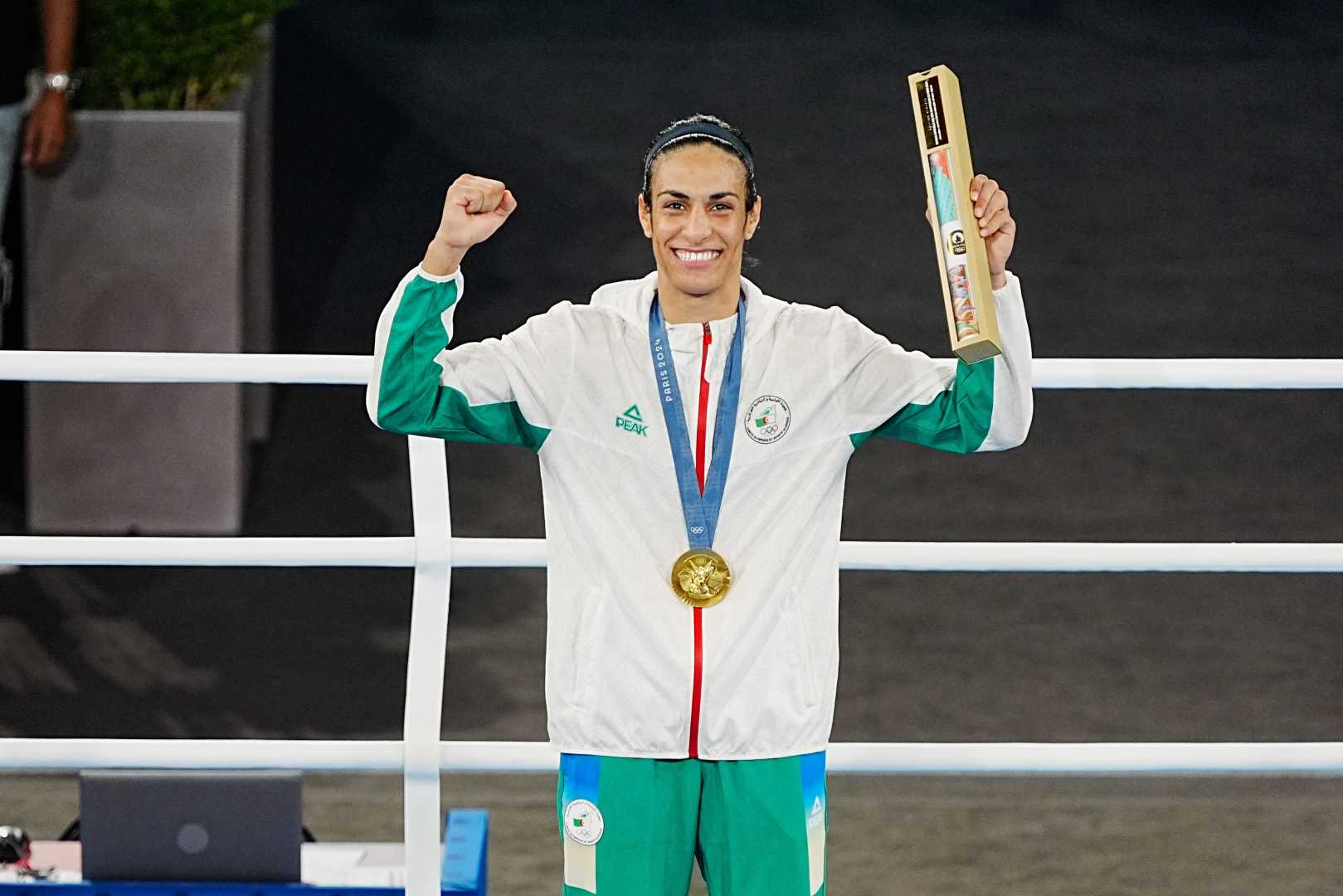Sports
Imane Khelif’s Gender Testing Sparks Controversy Ahead of LA Olympics

NEW DELHI, India — Medical test results from the 2023 World Championships reveal that Imane Khelif, the boxing champion from the Paris Olympics, possesses male chromosomes. This finding complicates her eligibility to compete in women’s boxing categories, a topic already under scrutiny.
These test results emerged shortly after World Boxing’s announcement that Khelif needs to undergo sex screening to participate in future female events. A document published by 3 Wire Sports states that chromosome analysis shows a “male karyotype,” contradicting previous claims that the testing was not legitimate.
The tests were conducted at Dr Lal PathLabs, a facility accredited by the American College of Pathologists, in March 2023. The lab’s report has intensified debates on fairness in women’s competitions, especially after allegations of prior knowledge regarding Khelif’s condition came to light.
IOC spokesman Mark Adams had previously dismissed the 2023 test results as “ad hoc” and flawed during a press conference. However, the leak has cast doubt on his statements and suggested that the International Olympic Committee (IOC) may have been aware of Khelif’s biological status yet still allowed her to compete in Paris.
Khelif, 26, remains determined to defend her Olympic title at the 2028 Los Angeles Games. In a news interview, she expressed a desire to prove her worth in the sport, asserting her identity as a female boxer despite the ongoing controversies.
World Boxing has since mandated that all athletes over 18 undergo genetic testing to identify their biological sex, using methods including saliva or blood samples. This new rule aims to ensure a fair playing field in combat sports.
The incident has prompted reactions from notable figures, including author J.K. Rowling, who referred to the requirements for genetic testing as beneficial for women in sports. “It’s a win for women because they won’t be battered to death in the ring by men,” she tweeted.
As Khelif’s situation unfolds, it highlights the increasing challenges and scrutiny faced by athletes regarding gender identity and biological sex in competitive sports.












